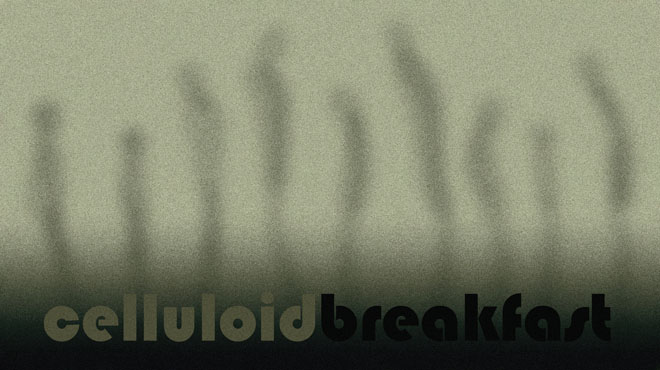A wistful tale of anomie in a metropolitanised Europe, Besieged is a key film of the Cinema Novo, Portugal’s own take on post-war neorealism. The film often echoes early Polanski and Cassavetes, and it’s safe to say the males in the film don’t come off particularly favourably – the title and opening credits refer to a siege of manipulative men. Consistently androgynous with her cropped hair and schoolgirl skirts, Marta is a tragic figure whose constructed happy-go-lucky image, occasionally recalling the starlets of the French New Wave, belies her status as a lost woman. Unfortunately, given how much of the film rests on her story, Marta isn’t a particularly sympathetic character, her twists and turns led more by disillusionment with her current state than a genuine desire to create a new life for herself. Simplistic sound design becomes distracting when less is heard than seen, but the film does feature some magnificent vérité photography.






No comments:
Post a Comment